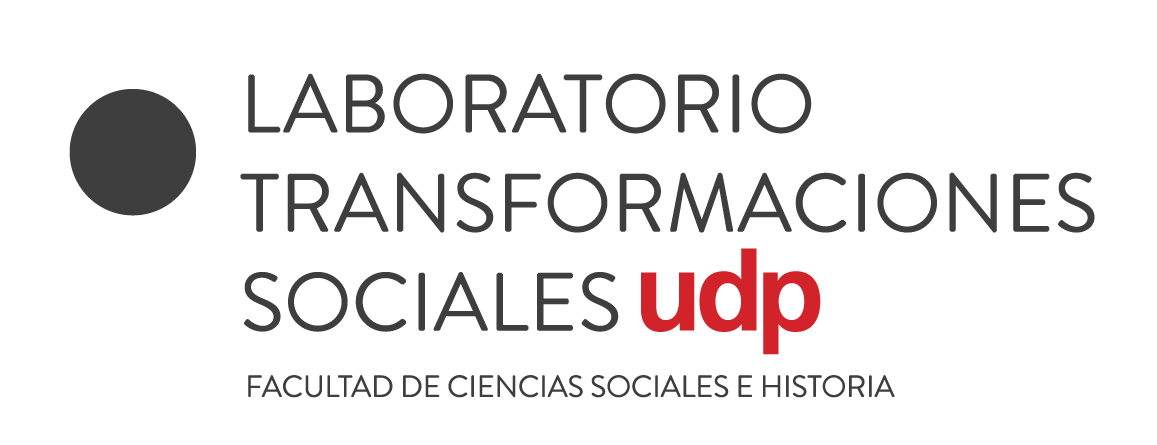Derrida, the inheritance of writing: Review of Pensar tras Derrida, coordinated by Miriam Jerade and Rosaura Martínez
DOI:
https://doi.org/10.32995/0719-64232022v8n15-130Abstract
Thinking after Derrida. Not to think with him. Not in his place or in front of him. Nor against him. The book co-ordinated by Miriam Jerade and Rosaura Martínez Ruíz Ruíz invites us precisely to think after him, after him, in italics, as if marking, marking a withdrawal and a rewriting. Another writing, a poetic and performative writing, which we could inscribe here with invisible inverted invisible inverted commas, as if exposing the phenomenological suspense of an epokhé, but which is epokhé, but which is also a bracketing of the inverted commas: an epokhé of the epokhé, a pre-originary epokhé that retains and relaunches any general position or thesis in order to give a reading of the epokhé. position or general thesis in order to read that which could only appear as such in the thought of the as such only in the thought of différance: that which awaits us further away, unrecognisable, unthought of. But how to open and suspend the Derridean text? How can we read, interpret, decipher or decode the traces of his philosophical corpus in the philosophical corpus on the threshold of his own thought, not by means of a textual explanation or a textual explanation or close reading to reveal the truth or the thing itself, but rather as a textuality itself, but as a textuality liberated from the authority of meaning or concept? How to confront a writing and a seminal and disseminating reading that overflows and precedes the that overflows and precedes the hermeneutic horizon of understanding?
Downloads
Published
How to Cite
Issue
Section
License
Copyright (c) 2022 Juan José Álvarez Rubio

This work is licensed under a Creative Commons Attribution-NoDerivatives 4.0 International License.

Este obra está bajo una licencia de Creative Commons Reconocimiento-NoComercial-CompartirIgual 4.0 Internacional.



